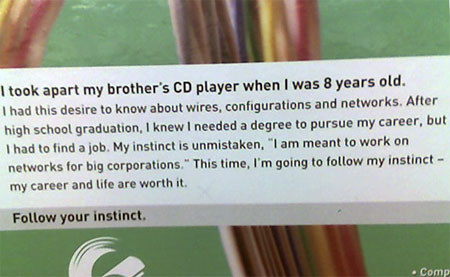“Unity of plot does not, as some persons think, consist in the unity of the hero. For infinitely various are the incidents in one man’s life which cannot be reduced to unity; and so, too, there are many actions of one man out of which we cannot make one action. Hence the error, as it appears, of all poets who have composed a Heracleid, a Theseid, or other poems of the kind. They imagine that as Heracles was one man, the story of Heracles must also be a unity. But Homer, as in all else he is of surpassing merit, here too – whether from art or natural genius – seems to have happily discerned the truth. In composing the Odyssey he did not include all the adventures of Odysseus – such as his wound on Parnassus, or his feigned madness at the mustering of the host – incidents between which there was no necessary or probable connection: but he made the Odyssey, and likewise the Iliad, to center round an action that in our sense of the word is one. As therefore, in the other imitative arts, the imitation is one when the object imitated is one, so the plot, being an imitation of an action, must imitate one action and that a whole, the structural union of the parts being such that, if any one of them is displaced or removed, the whole will be disjointed and disturbed. For a thing whose presence or absence makes no visible difference, is not an organic part of the whole.”
(Aristotle, Poetics, section VIII, trans. S. H. Butcher)


